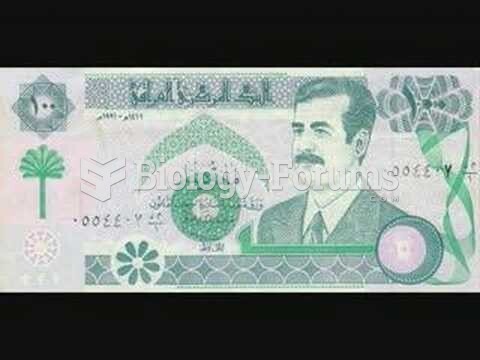Answer to Question 1Currency speculation is the purchase or sale of a currency with the expectation that its value will change and generate a profit. The shift in value might be expected to occur suddenly or over a longer period. The foreign exchange trader may bet that a currency's price will go either up or down in the future. Suppose a trader in London believes that the value of the Japanese yen will increase over the next three months. She buys yen with pounds at today's current price, intending to sell them in 90 days. If the price of yen rises in that time, she earns a profit; if it falls, she takes a loss. Speculation is much riskier than arbitrage because the value, or price, of currencies is quite volatile and is affected by many factors. Similar to arbitrage, currency speculation is commonly the realm of foreign exchange specialists rather than the managers of firms engaged in other endeavors.
One goal of currency restriction is to protect a currency from speculators. For example, in the wake of the Asian financial crisis years ago, some Southeast Asian nations considered controlling their currencies to limit the damage done by economic downturns. Malaysia stemmed the outflow of foreign money by preventing local investors from converting their Malaysian holdings into other currencies. Although the move also curtailed currency speculation, it effectively cut off Malaysia from investors elsewhere in the world.
Answer to Question 2I appreciate you answering this question. Great community
Answer to Question 3Microfinance provides small-scale financial services, such as microcredit and microloans, that assist entrepreneurs to start businesses in poor countries. By taking small loans, frequently less than 100, small-scale entrepreneurs accumulate sufficient capital to launch successful businesses. The leading advocate of microfinance is economics professor Muhammad Yunus. He founded the Grameen Bank (
www.grameen-info.org) that has made small loans to millions of borrowers in South Asia. Aspiring entrepreneurs use the small loans to buy everything from cows that produce milk to sell in markets, to mobile phones that villagers can rent to make calls. The Grameen Bank now has more than 2,500 branches and has inspired similar poverty-reducing efforts. Increasingly, mainstream banks view microfinance as a source of future growth. Various institutions now offer small-scale insurance, mortgage lending, and other financial services in poor countries. In Mexico, Cemex's Patrimonio Hoy program (
www.cemex.com) has widened access to cement and other building materials. The program helps poor families build their own homes. Thanks to microfinance, home ownership is a reality for tens of thousands of low-income Mexican families.
 The vulva, sagittal section illustrating how the labia majora and labia minora cover and protect the
The vulva, sagittal section illustrating how the labia majora and labia minora cover and protect the
 Vapocoolant spray application while passively stretching the paracervical muscles. Take care to prot
Vapocoolant spray application while passively stretching the paracervical muscles. Take care to prot





